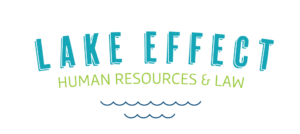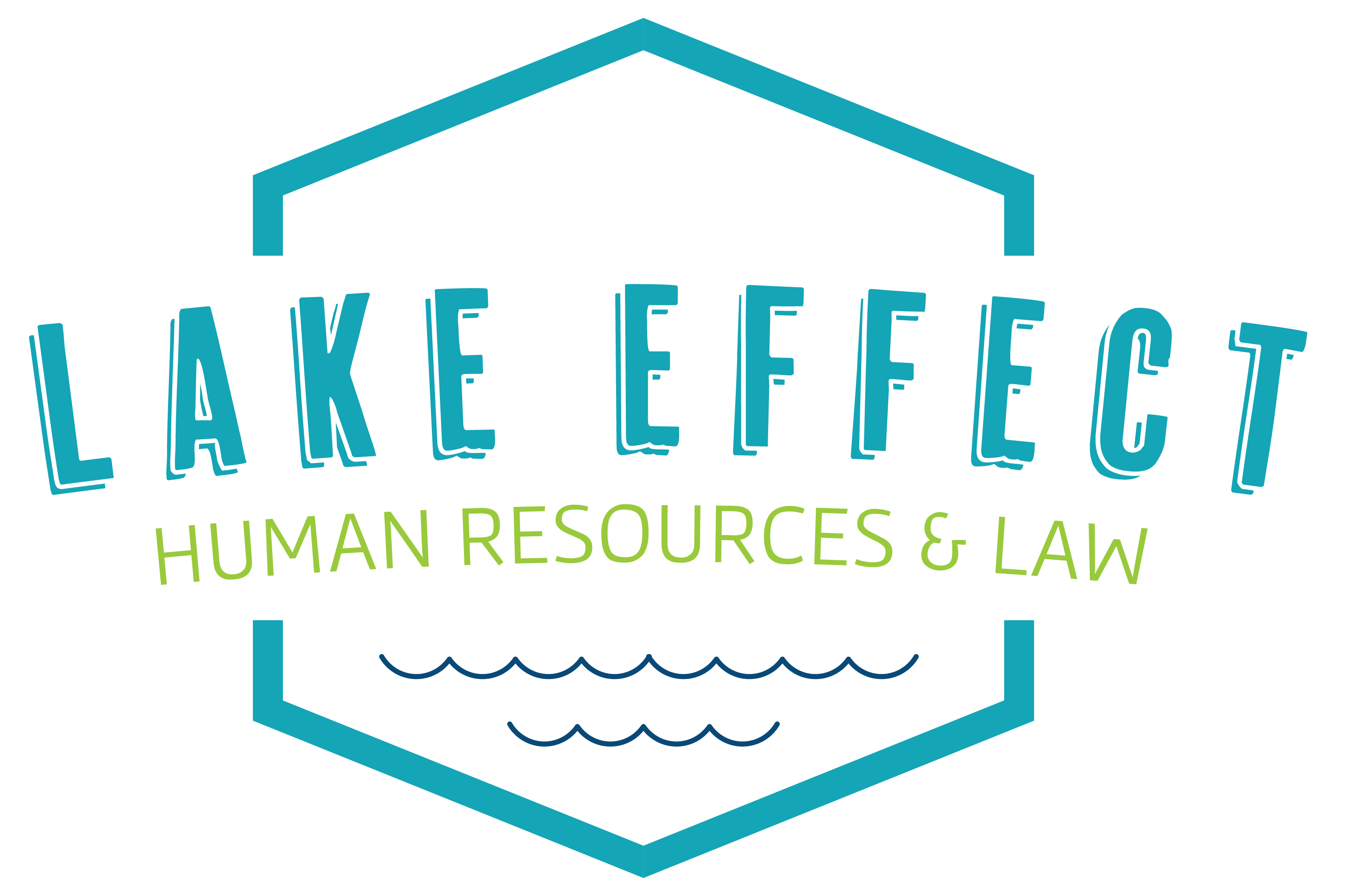Dane County and Madison’s New Public Health Order
On May 18, Public Heath Madison and Dane County (PHMDC) issued Emergency Order #2 along with a guide for organizations to start planning a phased reopening under the Order, Forward Dane. We are currently in the Preparing for Safe Reopen Phase under Forward Dane and all individuals and organizations are required to follow the Emergency Order.
The Emergency Order is effective May 19 and will remain in effect until PHMDC determines that the outlined criteria to start Phase One toward reopening has been met. Note that no date is set for moving into Phase One. A new Emergency Order will be issued as Dane County moves into each new phase of the Forward Dane plan.
The Emergency Order and Forward Dane provide detailed requirements and guidance. Included below is an outline of the essential elements of each.
Emergency Order #2
Required Policies
Organizations must develop and distribute to employees the following written policies:
- A hygiene policy that
- Ensures employees who have a fever or other symptoms of COVID-19 will not be allowed to work
- Establishes hand-washing expectations and ensures supplies are available to employees
- Describes proper cough and sneeze etiquette
- A cleaning policy that includes guidelines for
- Cleaning and disinfecting frequently touched surfaces multiple times a day
- Frequently wiping down any shared equipment, such as work spaces, credit card machines, lunchroom items, carts, baskets, etc.
- Cleaning common areas and equipment between use or shift changes
- Cleaning and disinfecting in the event of a positive COVID-19 case
- A protective measure policy that ensures
- Individuals are at least six feet from others whenever possible
- Employees are provided with and wear face coverings when unable to maintain at least 6 feet of distance from customers; however, if a transparent partition is in place, a face covering is recommended, but not required
- Employers must maintain documentation showing employees received, acknowledged, or were trained on these policies
All individuals are encouraged to continue staying stay at home and to maintain social distancing of at least 6 feet from any person unless you live together
- All public and private gatherings are prohibited unless specifically permitted in the Emergency Order
- Landlords may not enter rented residential premises unless emergency maintenance is required
Organizations must continue to follow Physical Distancing Requirements
- Physical Distancing Requirements are defined as:
- Maintaining physical distance of six feet between people
- Washing hands with soap and water for at least 20 seconds as frequently as possible or using hand sanitizer
- Covering coughs and sneezes
- Regularly cleaning high-touch surfaces
- Not shaking hands
- Following all other PHMDC requirements
- If Physical Distancing Requirements cannot be maintained, the organization must ensure that employees are provided with appropriate face coverings or protective shields
- All organizations must avoid in person meetings to the greatest extent feasible, and no door-to-door solicitation is permitted
Essential Businesses and Operations
Essential Businesses and Operations that may remain open include Healthcare and Public Health Operations, Human Services Operations, Essential Infrastructure, Essential Governmental Functions, and the following businesses and operations:
- Stores that sell groceries and medicine
- Food and beverage production, transport, and agriculture
- Restaurants but only for take-out or delivery service
- Bars, breweries, distilleries, brewpubs, wineries, and alcohol beverage retailers but only for carryout or order pick-up
- Wineries holding direct wine shippers’ permits may deliver wine
- Childcare
- Childcare and youth programming is limited to 50 children per program or per license
- Childcare providers must prioritize care for (1) families working in health care and (2) families working in other vital areas
- Organizations that provide charitable and social services
- Weddings and funerals
- Gatherings for weddings and funerals must be limited to 10 or fewer people in a room at any one time
- Weddings and funerals that occur outside must comply with the Physical Distancing Requirements, unless the individuals live together
- Religious entities
- Funeral establishments
- Media
- Gas stations and businesses needed for transportation
- Financial institutions and services
- Hardware and supplies stores
- Building and construction tradesmen and tradeswomen such as plumbers, fabricators, cleaning and janitorial staff for commercial and governmental properties, carpenters
- Mail, post, shipping, logistics, delivery, and pick-up services
- Laundry services
- Suppliers of products to work from home
- Suppliers for Essential Businesses and Operations and Essential Governmental Functions
- Transportation such as airlines, taxis, car rental services
- Home-based care and services for seniors, adults, children, or people with disabilities, substance abuse disorders, or mental illness, including caregivers or nannies who may travel to the child’s home to provide care, and other in-home services including meal delivery
- Professional services such as legal, accounting, real estate, and insurance services
- Manufacturing, distribution, and supply chain for critical products and industries
- Critical labor union functions
- Lodging including hotels, AirBNB, VRBO, motels, and campgrounds
- Swimming pools, hot tubs, and exercise facilities must be closed
- Guests may not be permitted to congregate in any common areas, and facility must comply with restrictions applicable to bars and restaurants where applicable
- Higher education institution for the purposes of facilitating distance learning, performing critical research, or performing essential functions as determined by the institution
- Auctions but only if necessary to preserve the value of property and the auction follows other requirements outlined in the Emergency Order
- Any business or worker identified on the U.S. Department of Homeland Security, Cybersecurity & Infrastructure Security Agency List
Essential Businesses and Operations – Additional Requirements
In addition to complying with the Physical Distancing Requirements, Essential Businesses and Operations must also:
- Restrict the number of workers on premises to no more than necessary
- Increase standards of facility cleaning and disinfection, following guidance from PHMDC, the Department of Health Services, and the Centers for Disease Control and Prevention
- Adopt policies to prevent workers from entering the premises if they have respiratory symptoms or have had contact with a person with a confirmed diagnosis of COVID-19
Non-Essential Businesses May Open for Minimum Basic Operations
Minimum Basic Operations include:
- Basic functions, such as the minimum basic activities to maintain the value of inventory; preserve condition of the physical space and equipment; ensure security; process payroll and benefits; and related functions
- Staffing must be limited to the minimum number of staff required
- Preparation to open, including purchasing and stocking supplies, cleaning, and complying with PHMDC’s guidelines
- Staffing must be limited to the minimum number of staff required
- Facilitating remote work
- Delivery and mailings, including of non-essential items but only under specified conditions
- Curb-side pick-up and drop off
- Services and items must be paid for online or by phone, and signatures cannot be required
- The pick-up or drop off must be scheduled in advance to ensure compliance with Physical Distancing Requirements
- In-person retail
- Standalone or strip mall retail stores with an entrance to the outside may allow up to five customers at a time in the store
- Retails shops must create a space for a line to form with markings six feet apart, or allow customers to wait in their cars for entry
- Outdoor recreational rentals
- Payment must be made online or by phone
- Pick up and drop off must be scheduled in advance
- Automatic and self-service car washes
- High-touch surfaces must be cleaned between each use if feasible, or at least as frequently as possible
- Arts and craft stores may offer curb-side pick-up, and may allow the minimum number of staff necessary in the store to make personal protective equipment (PPE)
- Aesthetic or optional exterior residential construction and lawn care, so long as Physical Distancing Requirements are maintained
- Aesthetic or optional interior work is not permitted
Facilities That are Closed or May Open with Restrictions
- Schools are closed for all in-person instruction
- Libraries are closed except for certain limited functions
- Indoor and outdoor places of public amusement (including amusement parks, pools, water parks, splash pads, zoos, museum, arcades, parades, playgrounds, movie theaters, gyms, fitness centers, concert halls) are closed except to perform Minimum Basic Operations
- Golf courses, disc golf ranges, tennis courts, and drive-in theatres may open under specified restrictions
- Salons and spas (including spas, hair salons, barber shops, nail salons, waxing salons, tattoo parlors) may not provide any services to customers but can sell goods and perform Minimum Basic Operations
Forward Dane
PHMDC’s Forward Dane plan provides guidance on a gradual, phased reopening in Dane County broken down by industries. We are currently in the “Prepare for Safe Reopen” phase and subject to Emergency Order #2 outlined above. But if nine public health metrics are met, Dane County will move into Phase One, Phase Two, Phase Three, then full operations under a new normal can begin. Each phase will last for at least two weeks.
In general, each phase allows organizations to gradually open to a larger “capacity.” For example, in Phase One, gyms may open to 25% capacity; in Phase Two, 50% capacity; in Phase Three, 75% capacity. PHMDC has not defined capacity, and as of today’s date, does not plan to do so. Instead, each organization will use its best judgment to determine the appropriate metric for capacity. It may be the building code establish by your city or it could be an average number of customers or employees who would be at the worksite under normal, non-pandemic circumstances.
Forward Dane also outlines expectations and responsibilities of the community. The responsibilities of the business community include:
- Protecting the health and safety of employees and customers
- Developing flexible sick leave policies and creating a culture in which employees can stay home when they are sick
- Monitoring staff for symptoms and working with local public health if an employee is diagnosed with COVID-19 or is a known contact to someone with COVID-19
- Implementing infection control policies, such as disinfecting surfaces frequently, keeping both employees and customers 6 feet apart from others, and other prevention measures
- Communicating to management, staff, and customers the importance of following prevention measures in order to prevent future outbreaks
The Lake Effect team will continue to monitor important updates such as these from Dane County and other counties across the state. Please keep watching for blogs and emails from us for important legal updates and HR best practices. Contact us at info@le-hrlaw.com or 1-844-333-5253.




